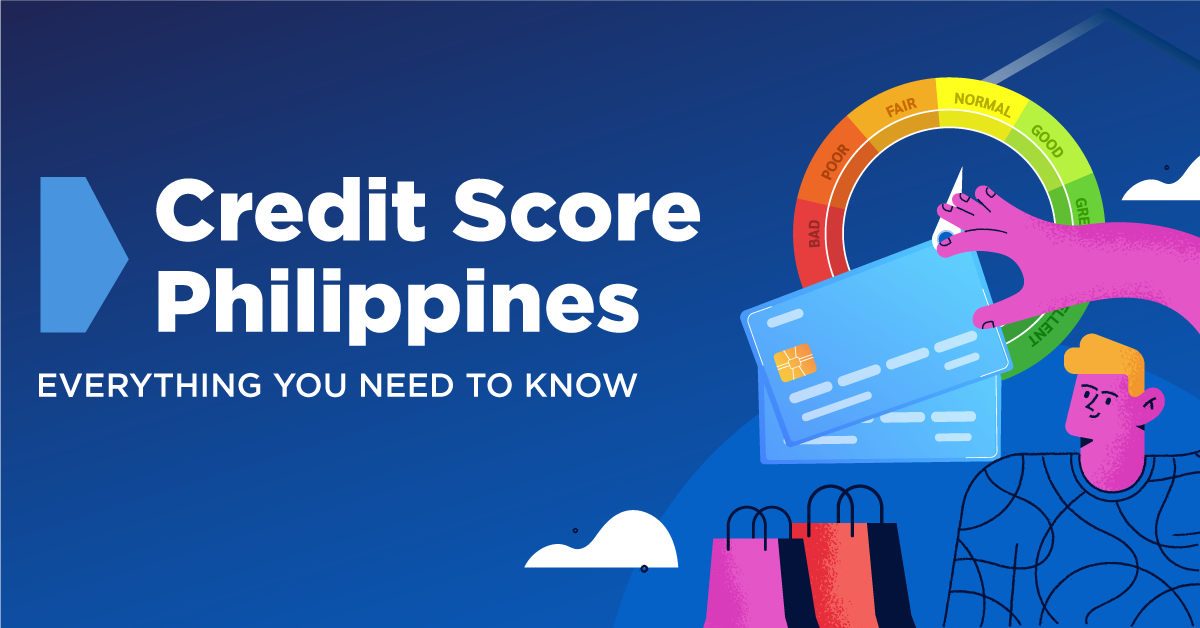
Credit score is influential in the financial world. For most lenders, your credit score determines if you're worthy of that dream house, sleek car, or comprehensive insurance. In short, it proves your financial habits and history. Therefore, it's in your best interest to reach and maintain a good credit score.
In view of that goal, here's your guide on what a credit score is and how you can achieve an ideal number to secure financial success in the Philippines.

What is a Credit Score?
A credit score is a three-digit number representing your creditworthiness. It mirrors your ability to manage borrowed funds responsibly. Good credit score maintenance can open doors to favorable interest rates on your credit accounts and other financial opportunities. Conversely, a negative score can affect your chances of getting a new line of credit.
Credit scores in the Philippines range from 300 to 850. The higher, the better—850 is ideal, 700-759 is good, 650-699 is fair, and 600-649 is poor. Anything below 600 is considered a bad credit score.
Several factors can affect your credit score, namely:
- Payment history reflects your ability to make timely repayments on credit accounts. It influences 35% of your credit score. It should go without saying that consistent on-time payments positively impact your standing, while late or missed payments can affect your chances of securing future loans.
- Credit utilization ratio (CUR) represents the percentage or amount of credit you use against your available credit. It affects 30% of your credit score. A high utilization may suggest financial strain and potentially lower your credit standing.
- Credit types used include credit cards, loans, and mortgages. It comprises 10% of your credit score. A good combination showcases your ability to manage various forms of credit responsibly.
- New credit applications are your recently opened credit accounts. Multiple applications within a short period may signal financial stress and decrease your credit score.
- Length of credit history refers to how long your credit accounts have been active. It influences 15% of your credit score. A long, well-managed credit history can impact your credit standing favorably.
How to Check Credit Scores in the Philippines
There are several ways to know if you're faring well as a borrower.
- Credit bureau websites
The Credit Information Corporation (CIC) is the only authorized agency that receives and consolidates basic credit data in the Philippines. You can get a copy of your credit report directly from it or its three accredited credit bureaus:
- TransUnion Philippines
- CIBI Information, Inc.
- CRIF Philippines
You may visit their website to request credit reports and even get free credit score checks if available.
- Banks and lending institutions
Some banks or lending institutions provide access to credit scores on their online banking platforms. If your partner institution does not offer credit information, the CIC's Direct-to-Consumer (D2C) through the Accessing Entity (AE) program lets you request a report. However, the bank must have the agency's approval to access your credit report from its database.
- Credit monitoring apps
Some financial apps and services offer credit monitoring features, such as regular updates on your credit score and insights into factors affecting your creditworthiness.
For instance, CIBI Information's Lista app (formerly CIBIApp) allows you to check your credit score for ₱199 per request. If you plan to apply for a new credit card, subscribing to the service can help you compare options suitable to your lifestyle and financial goals.
6 Ways to Improve Credit Score
Credit cards and loans can be helpful for your finances. However, securing one requires building and maintaining a good credit score by following these tips.
- Make timely payments
Prompt balance settlements are a significant factor in your credit score. Therefore, you should pay your bills early or on time and in full every month. This approach proves your financial responsibility to banks or lenders.
You can set up automatic payments or reminders on your online banking app to avoid late fees and maintain a positive credit history. If you miss the due date, do your best to repay your debt within 30 days. Banks or lenders may mark your account as "delinquent" if you go beyond that period.
Then, only make purchases you're confident you can fully pay on your next bill. Remember, debt repayment revolves around being mindful of your financial decisions. - Pay down credit card balances
High credit card balances exceeding your credit limit can negatively impact your credit score. If you have multiple credit cards, you may want to settle your debt with the highest interest rate first, then gradually work your way through the others.
Alternatively, you can do the snowball method—pay the smallest debts first and then move to bigger ones. It can give you a sense of accomplishment and encourage you to continue clearing your dues. - Diversify your credit accounts
Financial advisors typically recommend not putting your eggs in one basket. Similarly, having a mix of credit types—such as credit cards, loans, and mortgages—can show your ability to manage debt responsibly.
For instance, if you only have credit cards, you might consider taking out a small personal loan to diversify your credit profile. However, don't take it as a sign to max out your credit lines. Otherwise, you'll accumulate debt you must repay as soon as possible.
Failing to repay them may prompt your creditor to go to a collection agency. You may also face higher interest rates and challenges in achieving financial goals. - Secure more than one credit card
Having more than one credit card may signal to lenders or financial institutions that you can responsibly manage multiple lines of credit.
However, be cautious of acquiring several cards simultaneously, as numerous new credit applications within a particular period may send the message you're seeking credit out of necessity or facing financial difficulties. Always be mindful of how your credit-related decisions can influence your overall financial standing. - Be mindful of your credit limit
Monitor your credit card limits and try not to max them out. A high CUR may suggest financial difficulty to lenders. For instance, if your credit limit is ₱50,000 and your current balance is ₱45,000, you should repay the amount as soon as possible since reducing your balance translates to a lower CUR.
Maxing your credit card limit can lead to the following consequences:
- You may face a declined credit card during your next purchase.
- Your credit score will likely decrease.
- You may receive a higher interest rate.
- Your account may be suspended or closed.
- Build good financial habits
You can maintain a good credit score through healthy financial habits. Start by creating and operating within your budget to manage your cash flow more effectively. You could follow budgeting techniques, like the 50-30-20 rule—save 50% of your income for necessities, 30% for leisure, and 20% for savings.
It would also help to watch out for lifestyle inflation. It's the tendency to spend more as your income rises. Always keep your spending in check and avoid falling for expenses and investments that may affect your savings if something goes wrong.
Turn Your Dreams into Reality with Good Credit
Life's big moments often hinge on one number: your credit score. Think of it as your ticket to your financial aspirations. So, learn the financial vocabulary, boost your score, and watch your goals transform from "dream" to "done."
Do you want to invest in a new house? Travel the country with a new car? These goals are achievable with RCBC credit cards. Each comes with different perks—like rewards, travel miles, and cashback—to help you build good credit.
Explore RCBC credit cards and unlock your financial future, one swipe at a time.
 5 min. read
5 min. read
 bc
bc



_20250212085825000-5878a7ab84fb43402106c575658472fa.jpg)














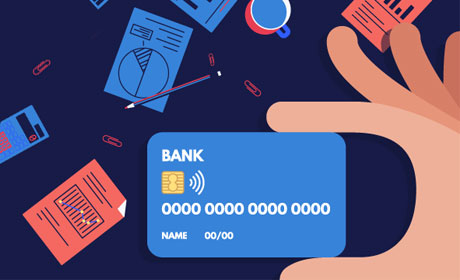


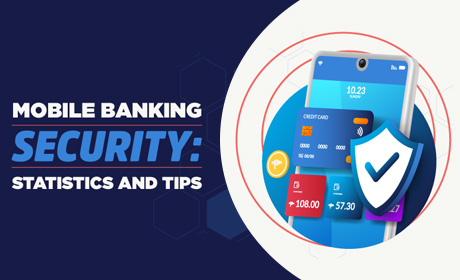


.png)
.png)




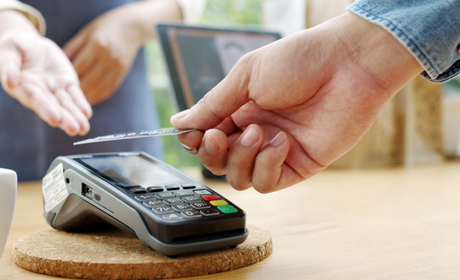
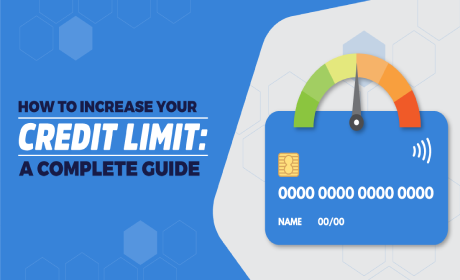
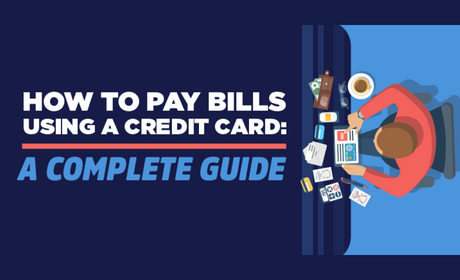



.jpg)
.jpg)
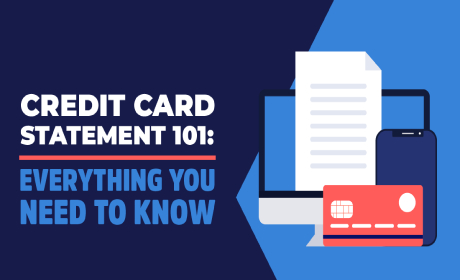
.jpg)

.jpg)

.jpg)


.jpg)
 (1).jpg)
 (1).jpg)
 (1).jpg)

.jpg)
 (1).jpg)
 (2) (1).jpg)
 (2) (1).jpg)
.jpg)
 (1).jpg)
 (1).jpg)
 (1).jpg)
 (1).jpg)


.jpg)
.jpg)
.jpg)
.jpg)
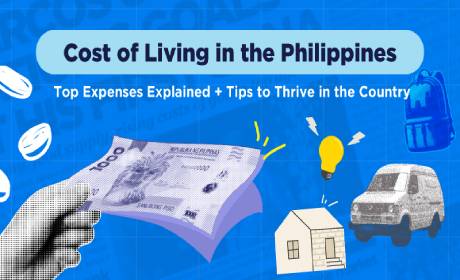
.jpg)
.jpg)


.jpg)
.jpg)
.jpg)
.jpg)
.jpg)
.jpg)


.jpg)
 (1).jpg)

.jpg)

.jpg)
.jpg)
.jpg)
.jpg)
.jpg)
.jpg)


